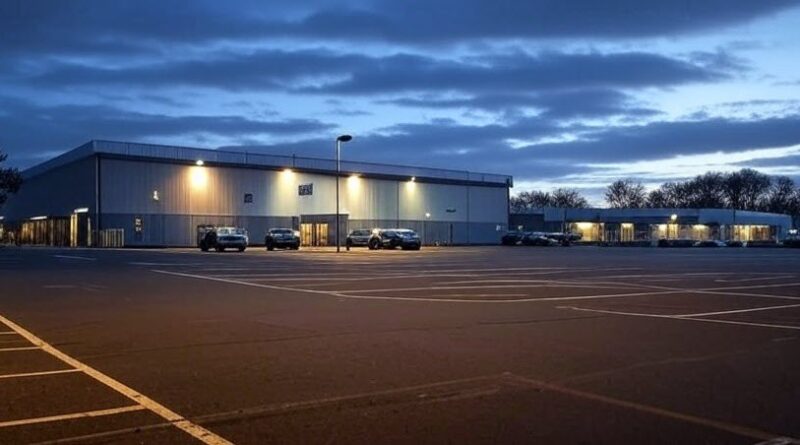Lotus May Close UK Factory and Shift Production to US
British sports car brand Lotus is reportedly preparing to shut down production at its historic Hethel plant in Norfolk, ending over 70 years of UK car manufacturing. The shift would move final assembly to the United States in response to high import tariffs and falling sales, putting around 1,300 jobs at risk. This development would be one of the most significant in the company’s modern history and a major loss to Britain’s auto sector. Lotus May Close UK Factory plant let’s look in to the circulating rumors:
Why Is Lotus Considering the Move?
The key reason behind the potential factory closure is the 25 percent US tariff on imported vehicles, which affects models like the Emira. Shipping finished cars from the UK to American dealerships has become increasingly expensive.
Lotus CEO Qingfeng Feng has confirmed that they are actively discussing local US production partnerships. The company has paused production in Norfolk since mid-May to manage stock and avoid losses while exploring options to relocate.
What Are the Consequences?
- 1,300 jobs at risk at the Norfolk site
- Loss of UK manufacturing heritage, dating back to the 1960s
- A likely shift to final assembly at Volvo’s South Carolina plant, which is also owned by Geely, Lotus’s parent company
If confirmed, the closure could take effect as early as next year.
What Is the UK Government Doing?
Business Secretary Jonathan Reynolds is currently in talks with Lotus and its Chinese owner, Geely, to try and save the factory. According to reports, the UK government may offer financial incentives or support packages to keep some form of production in Britain.
Lotus has not yet confirmed final closure plans and insists it remains committed to its UK legacy, but admits that production efficiency and global cost pressures must be addressed.
What Else Is Driving This Decision?
Apart from tariffs, there are several financial and strategic reasons behind the potential shift:
- Lotus deliveries have fallen by over 40 percent, and the company posted a $103 million operating loss in Q2 2025
- Geely is prioritising global EV production, especially in China and the US, where volume and profitability are higher
- Building cars closer to major markets like North America helps avoid delays, tariffs and rising shipping costs
The Emira and future electric Lotus models would be more competitive if built within the US.
Why This Matters
The Hethel site is more than just a factory. It is the spiritual home of Lotus, where legendary models like the Esprit, Elise, and Evora were built. A closure would mark the end of an era and would follow a growing list of UK automotive pullouts, including Honda in Swindon and Ford in Bridgend.
This could also impact parts suppliers and local jobs far beyond just the Lotus plant.
What Happens Next?
Lotus is still weighing its options. A final decision is expected within months. If government support is offered or conditions change, Lotus may keep part of its operations in Norfolk, especially its engineering and design teams.
But unless tariffs drop or profitability improves, a full production shift to the US is likely.
Final Thoughts
Lotus has long stood for British performance, innovation and motorsport. But like many carmakers in 2025, it is being pulled by global economics and regional trade rules. If the factory in Norfolk closes, it will be a major loss for the UK automotive sector — and a sign that heritage alone cannot shield companies from international market forces.
Buying a used VW. Buying used vauxhall, BMW, Jaguar, Ford, Volvo, Range rover, Bentley, Aston Martin, Porsche, Ferrari, Lamborghini, Maserati, Hyundai, Tesla, Honda, Pagani

